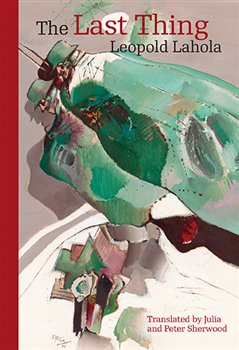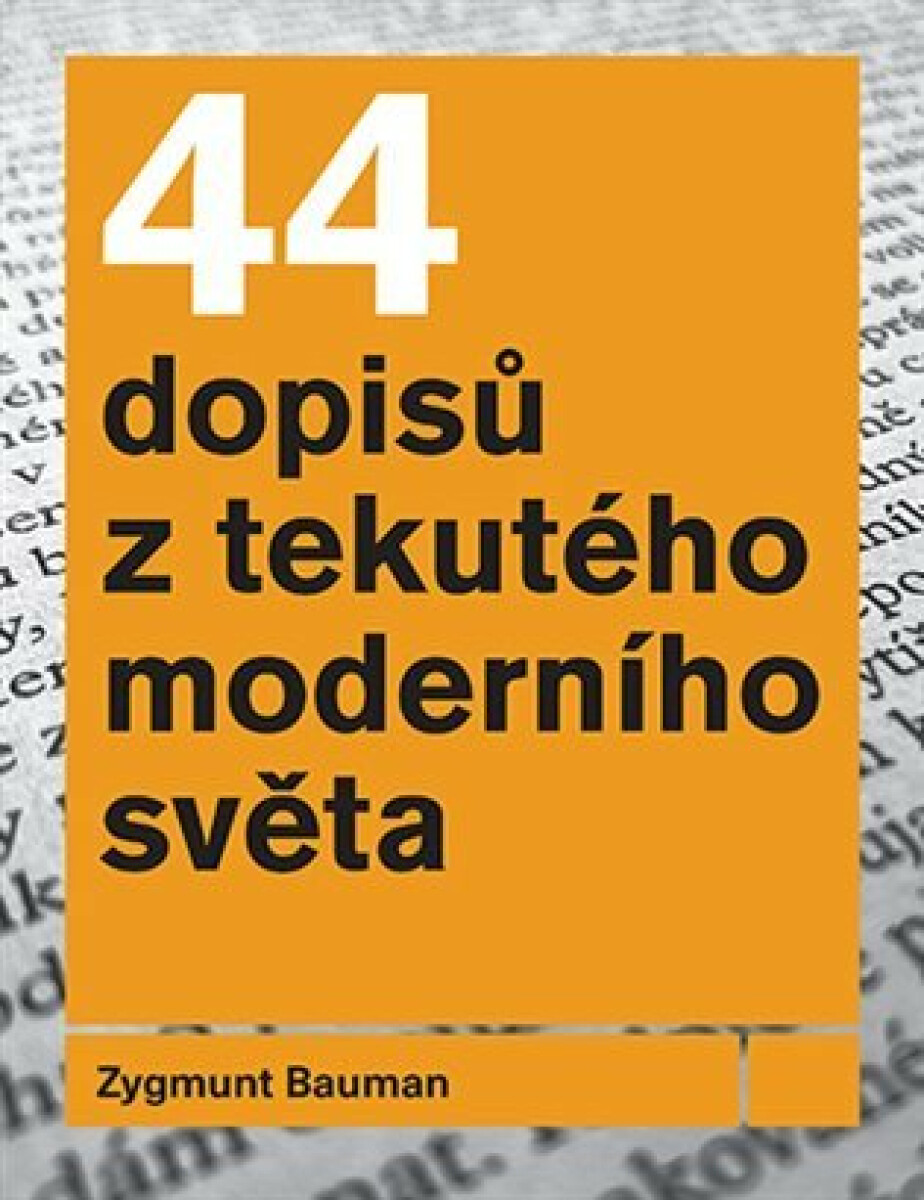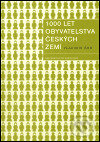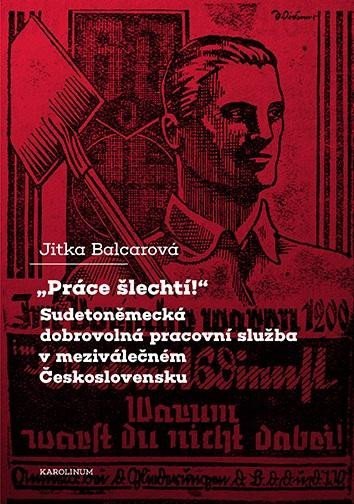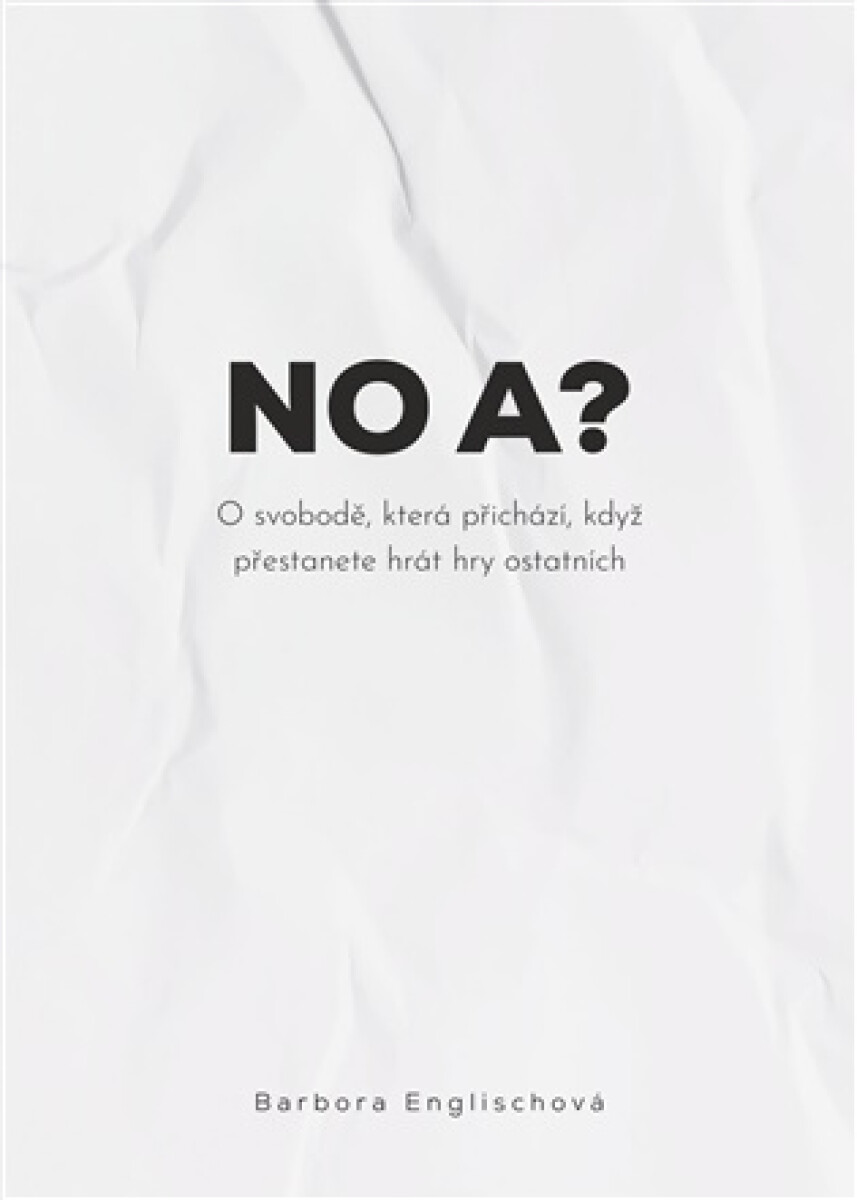
The Last Thing
Slovak Jewish writer Leopold Lahola escaped deportation to a
concentration camp and fought in the resistance, only to find
himself forced into exile by the postwar communist regime. He
emerged from obscurity during the brief thaw of the Prague Spring,
when he was able to return to his homeland, thriving as a
playwright and film director. It was also in 1968 that his short
story collection The Last Thing appeared in Slovakia. The
collection’s title proved sadly prophetic with the author suffering
a fatal heart attack in January 1968, just before his 50th birthday
and as his short stories finally appeared in book form.
The nine stories which make up The Last Thing range from the
prewar rise of fascism and its dangers for the Jewish community
through the concentration camps and the partisan fight against the
Germans, concluding with a devastating summation of all that had
been lost and destroyed in the war. Lahola writes masterfully
outside of conventional tropes, exploring moral ambivalences where
others work comfortably within the simple opposition of good versus
evil. He punctures the standard historical image of the partisan
fighters by depicting their heroism alongside their cruelty and
pettiness while also showing how often bravery and madness,
kindness and stupidity can coexist. Lahola has written a sequence
of World War II stories whose translation will offer not only a
compelling read but starkly new perspectives on the tragedy and
grandeur of that momentous time in history.
- Právě probíhající akce a slevy na knihy
-
Knihydobrovsky.cz | do 14.02.2026
-
Knihydobrovsky.cz | do 28.02.2026
-
Dobre-knihy.cz | do 28.02.2026
-
Knihydobrovsky.cz | do 31.03.2026
-
Knihydobrovsky.cz | do 31.03.2026
-
Knihydobrovsky.cz | do 31.03.2026
-
Dobre-knihy.cz | do 31.03.2026
- zobrazit všechny akce


